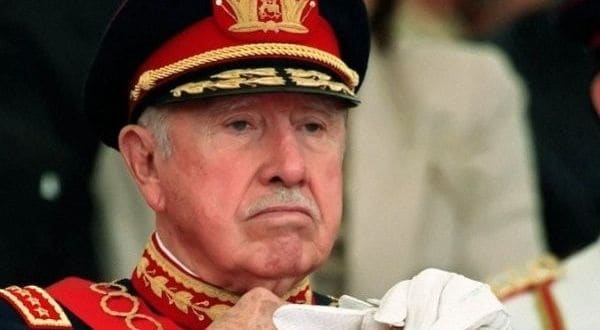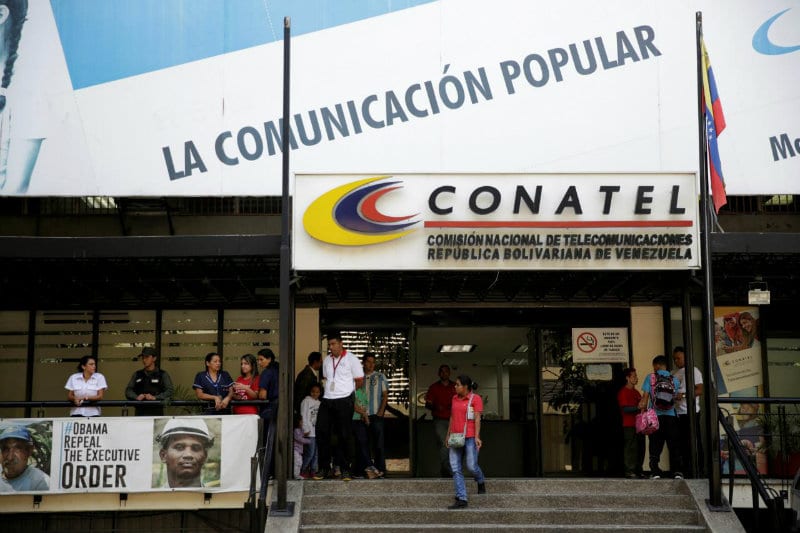
SANTIAGO – Human rights organizations in Chile have strongly criticized the state pardon granted to a military officer sentenced for assassinations during Gen. Pinochet’s dictatorship, although the action was merely symbolic.
Chile’s news site La Tercera revealed Sunday that President Sebastian Piñera had issued a pardon for former colonel Rene Cardemil, who was convicted for crimes against humanity. He was sentenced to 10 years in prison for executing six people in October 1973.
In a press conference Sunday, Piñera said “we want Chile to be a humanitarian country, to have compassion for those who are on the verge of death or prostrate in our jails, and that is valid for all, civilians and military.
Chile sentences 35 Pinochet agents for pregnant woman’s murder
“It is an awful precedent to pardon a criminal against humanity like Rene Cardemil,” said Alicia Lira, president of the Agrupación de Familiares de Ejecutados Políticos (which roughly translates to Association of Relatives of Executed Politicians).
“President Piñera applied this benefit to a person who committed atrocious crimes and who never asked for forgiveness,” she added.
For some time, debate has been revived in Chile about whether to release those serving time in the special prison of Punta Peuco, where most criminal from the Augusto Pinochet dictatorship are held.
In this case, former Colonel Cardemil, 75, was pardoned on April 6, but he could not enjoy his release because he died of prostate cancer at the military hospital of Santiago.

He had been sentenced to ten years and one day in prison in 2011 for his responsibility for the assassinations of six persons who were arrested by the military in this capital and were shot near a tunnel on the road to Valparaiso, a month after the coup d’état against President Salvador Allende on September 11, 1973.
Among the victims were Ricardo Montecinos (27 years old), an official with the International Monetary Fund (IMF), and the couple of Argentinean tourists Carlos Adler (25) and Beatriz Diaz (26).
This is the first time a prisoner held in Punta Peuco prison receives a presidential pardon on humanitarian grounds.
Despite opposition by human rights groups, Raul Meza, lawyer of the Punta Peuco prisoners, said Piñera’s decision “reveals the government’s humanitarian will to grant pardons to those prisoners who suffer terminal illnesses and wish to die with dignity with their loved ones.”
Meza also announced he will submit three new requests.
Pinochet’s granddaughter ordered to return land to Chile’s Mapuche
Chile’s fight for justice has been hampered by a military ‘pact of silence‘. Those who are found guilty of human rights violations are sent to Punta Peuco instead of prison. They are allowed weekend family visits to the ranch. A number of them are even claiming million-peso pensions.
In contrast, victims of the Pinochet regime receive compensation of around £157 per month. Many have been left with life-changing injuries as a result of torture.
An estimated 4,000 detained and disappeared victims are yet to be found. The long list of missing victims includes British priest Michael Woodward and Charles Horman, who was featured in the film Missing.
Memory and forgetting – the juxtaposition of the 11th September events in Chile



